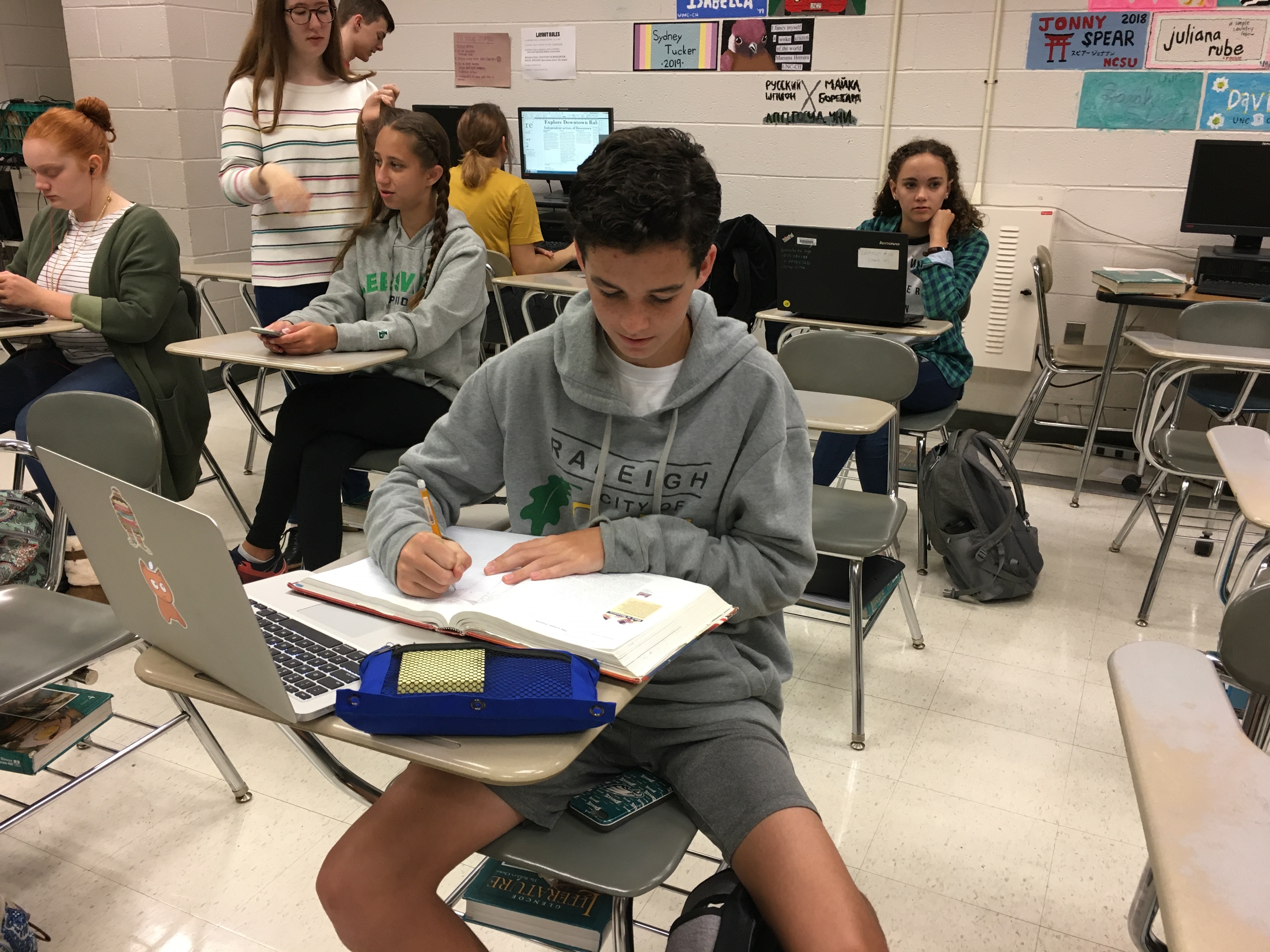
Students who participate in extracurricular activities are subjected to behavioral and academic differences. For some students, multiple activities may cause a positive or negative influence on their ability to focus on academics. The positive and negative influences depend on various personal characteristics such as self-esteem, determination, and the will power of the student. Whether the activity is sports, band, or work, after school activities have various effects on the student’s behavior and academics during school.
Studies from the Underground Research Community, explain the positive effects extracurricular activities have on students. In an article from the URC, author Kimiko Fujita states, “Many extracurricular activities have proven to be beneficial in building and strengthening academic achievement, even if the activities are not obviously related to academic subjects…. results showed that the students who participated in school-based extracurricular activities had higher grades, higher academic aspirations, and better academic attitudes than those who were not involved in extracurricular activities at all.” Fujita claims that extracurricular activities have a positive impact in improving academic focus and achievement.
Gabe Edmonston, a Broughton High School student, is always participating in some form of extracurricular activity each day after school. Edmonston attends wrestling practice after school, youth band class on Wednesdays, lacrosse practice on Saturdays, and participates in his youth choir on Sundays. With all these activities, one would assume Edmonston would have a hard time managing all his activities as well as schoolwork.
Edmonston says his extracurricular activities motivate him to get his work done. “When I get home I am so tired but I know I have work to finish. It (extracurricular activities) makes me determined to finish my work,” says Edmonston. Although Edmonston claims his extracurricular activities have a positive effect on the way he handles work, he says that he finds himself struggling to manage both school and his activities during small time windows. Edmonston claims that when he is in a situation of limited time, he tends to rush through work and fails to diligently manage work.
One negative outcome of participating in extracurricular activities is the length of time the activity is. Shorter, after-school activities allow students to work diligently on homework/ schoolwork once the extracurricular activity ends. However, students who attend a longer after school activity must utilize the little time they have to do schoolwork. Regarding the willingness and perseverance of the student to determine the student’s ability to handle workloads.
Josh Thompson, a track and cross country runner for LRHS, finds himself in situations where his extracurricular activity gets in the way of his ability to work. As a member of track and cross country team, Thompson attends daily workouts from Monday through Friday after school. Each day Thompson reports to the track after school and begins training with the team from 2:45 pm to 4:30 pm, which take up most of his time to focus on homework. “Time management was difficult to overcome, it (time management) was the main reason why I struggled sometimes to focus on schoolwork,” says Thompson. Thompson’s workouts would take up most of his afternoon, causing him to wisely utilize his time to work.
Although time management can be stressful and difficult to handle, some students see extracurricular activities as a reason to be efficient and determined to get work done. While some students work poorly under stress and multitasking, others harness the stress and channel it in order to work harder and more efficient. Certain students use their limited time window as a reason to power through workloads. A student’s mindset of time management depends on their personality and character traits, which can result in either a positive or negative outcome of extracurricular activities.
Many students at LRHS participate in some form of extracurricular activity, which has different effects on a student’s academic focus and participation in class. Activities such as sports, band, or club meetings could affect a student’s work ethic by limiting time to work, causing distractions related to the activity, and disrupting the students’ physical health. Each student responds differently when handling other activities along with school. Some students are capable and fit to respond well to multitasking academics and other activities, while others may struggle to maintain both. Although students respond differently to managing both, each student possesses the ability to help themselves in creating positive outcomes. Students may see their counselors or coaches for assistance when struggling to manage academics and extracurricular activities. LRHS students have the ability to use their resources of counselors, personalization time, and smart lunch to manage schoolwork while participating in afterschool activities.
Overall, students who participate in after school/ extracurricular activities have the capability and possess the power to create a positive or negative effect on the way one handles school workloads and academic behavior, depending on whether or not students have the integrity, perseverance, and responsibility to handle workloads.

Hi! My name is Chase and I am a staff writer for The Mycenaean. Two fun facts about me are that I enjoy playing guitar with my dad and friends, and I also am a two-time spikeball tournament champion.